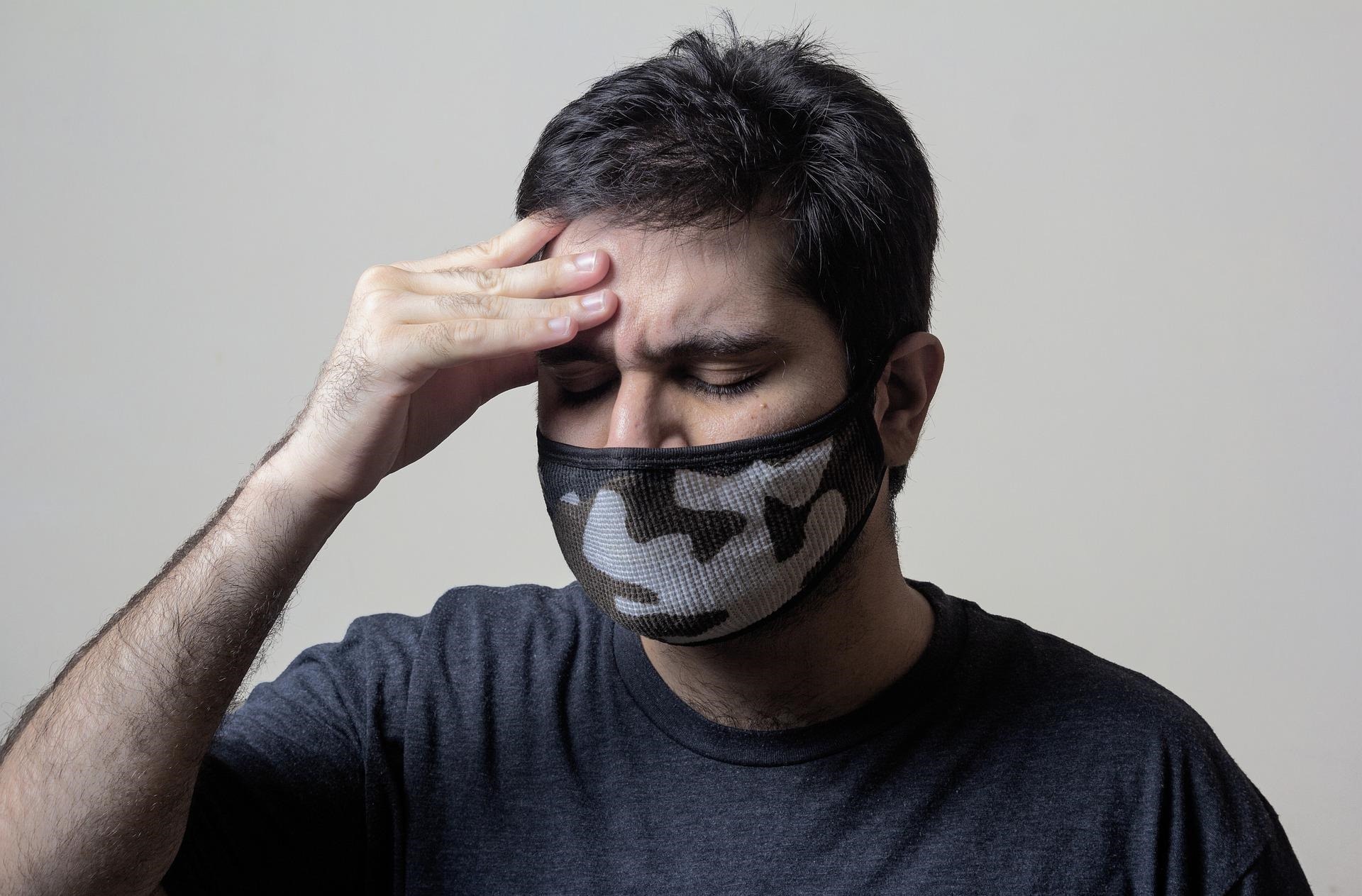One of the wonderful properties of lucid dreams (LD) is the opportunity for healing both the physical body and the psyche. American researcher Garret Yount conducted an experiment involving 49 participants, all of whom experienced symptoms of chronic post-traumatic stress disorder (PTSD).
The scientist organized a six-day online workshop—a total of 22 hours—on healing in LD. The content included the basics of the neurobiology of lucid dreaming, the principles of sleep hygiene, practices for improving dream memorization, and numerous LD induction techniques. The lectures were structured in such a way that participants could try a new method every evening.
In terms of the techniques themselves, these consisted of classic methods: attention to dream signs, reality checks, wake-up-back-to-bed sleep protocol, mnemonic techniques, and falling asleep consciously. Waking up at night with an alarm clock, the participants listened to special audio recordings to increase the probability of LD. It should be added that none of the volunteers were new to the subject of LD, and five even had even undergone formal training.
During the seminar, most of the participants (37 people) experienced at least one lucid dream, and 25 people completed the program of healing actions in LD. As a result, the researcher noted a decrease in nightmares, negative emotions, and general symptoms of PTSD. The effect persisted over one month of observation. The author, therefore, suggests that the healing power of LD should be subjected to further study, although the results of his experiment must be interpreted with caution due to the small number of participants.
Do you have any experience of healing in a lucid dream?
The article was published in July 2022 on the PsyArXiv website.
Get all the latest news about lucid dreams via our channels on Telegram, Instagram, Facebook




